In the digital age, cybercrime is not a challenge for a single country but a global threat, threatening security, political stability, economy and social life. Therefore, the adoption of the Convention against Cybercrime by the United Nations General Assembly in December 2024 and the opening ceremony for signing this Convention with the theme "Combating Cybercrime - Sharing Responsibility - Looking to the Future" on October 25-26, 2025 in Hanoi is a meaningful event.
This is a vivid demonstration of the sense of responsibility of countries in protecting cyberspace - the common property of all mankind, setting out a legal framework for international cooperation in the fight against cybercrime, ensuring that member countries - especially developing countries and vulnerable countries - are supported and have their capacity to deal with this type of crime enhanced.
On this occasion, in an interview with a VNA reporter in Australia, Professor Carl Thayer at the Australian Defense Force Academy, University of New South Wales, said the current state of cybercrime in the world is alarming. In the past 10 years, the damage caused by cybercrime has tripled, from 3,000 billion USD to 9,000 billion USD, and is expected to reach 14,000 billion USD by 2026 due to the explosion of information technology devices, especially the popularity of artificial intelligence (AI).
According to Professor Carl Thayer, the total damage caused by cybercrime is much larger than the economic losses caused by natural disasters or traditional drug trafficking crimes globally.
Cybercrime now tops the list of threats facing nations, not just traditional hacker groups, but also AI-powered ones, which can adapt to defense systems. As a result, cybercrime is rampant, causing serious damage to the economy.
In that context, Professor Carl Thayer said that the birth of the “Hanoi Convention” is of special importance. This is the first UN convention in the past 20 years to address a transnational issue. Vietnam was chosen as the venue for the signing ceremony of the Convention because Vietnam has always played a proactive role in preventing cybercrime. In terms of cybersecurity, Vietnam ranks 17th out of 194 countries in the world in terms of security capabilities. Therefore, according to Professor Carl Thayer, Vietnam can play a leading role in this field.
Commenting on Vietnam's role and position in international cooperation on cyber security as well as in promoting multilateral policies and solving global issues, especially when Vietnam was chosen as the place to sign the "Hanoi Convention," Professor Carl Thayer said that it was the result of multilateral diplomacy.
Vietnam has been elected twice to the United Nations Security Council and twice to the Human Rights Council. Vietnam has received broad support from countries in the Asian region, received great support at the General Assembly and is currently actively addressing a problem that every country in the world faces: cybercrime. In ASEAN in particular, Vietnam is playing a leading role, especially when Vietnam has established comprehensive strategic partnerships with four countries of this bloc.

Representative of the Vietnamese Delegation speaks at the event to ratify the Hanoi Convention. (Photo: VNA)
According to Professor Carl Thayer, Vietnam needs to take advantage of the opportunity to host the signing ceremony of the “Hanoi Convention” to strengthen international cooperation and improve the effectiveness of responding to cybercrime prevention issues.
Vietnam has always been a leader in ASEAN in narrowing the gap between countries and that needs to be done in the field of cybersecurity. Vietnam as well as other countries in ASEAN need to encourage cooperation in law enforcement, sharing experiences and helping each other, from the investigation process, collecting evidence, data, statements to protecting witnesses... Each country needs to achieve certain security standards.
Professor Carl Thayer believes that ASEAN should also have a computer center to deal with cybercrime. In fact, ASEAN already has a center established by the International Criminal Police Organization (Interpol) to combat cybercrime (in 2015). With 10 years of experience, this center is expected to play an even more useful role, especially after the “Hanoi Convention” is signed.
Sharing about Australia's experience in preventing cybercrime, Professor Carl Thayer said that as one of the top 10 countries in the world severely affected by cybercrime, Australia has long established the Australian Signals Directorate (ASD) - a cyber intelligence agency responsible for signals intelligence, cyber security and supporting the country's military operations, playing a key role in providing timely information and recommendations to the government, businesses and people.
The Australian Cyber Security Centre (ACSC) - an agency within the ASD - is responsible for protecting Australia from cyber security threats and plays a central role in providing information and responding to cyber security incidents. Through the ACSC, the public is provided with warnings, guidance and support when incidents occur.
In addition, the Australian Government also focuses on building partnerships with businesses and local authorities, creating a strong defense in preventing cybercrime and raising people's awareness of the risks of cyberattacks, recommending them to be more vigilant, protect and update their systems with the latest security measures.
In addition, Australia regularly conducts propaganda and warnings about malicious software. Businesses, agencies and offices continuously train employees, who often work in front of computers, to identify and immediately report any suspicious activities./.
(TTXVN/Vietnam+)
Source: https://www.vietnamplus.vn/giao-su-australia-danh-gia-cao-vai-tro-cua-viet-nam-trong-phong-chong-toi-pham-mang-post1072073.vnp







![[Photo] Urgently help people soon have a place to live and stabilize their lives](/_next/image?url=https%3A%2F%2Fvphoto.vietnam.vn%2Fthumb%2F1200x675%2Fvietnam%2Fresource%2FIMAGE%2F2025%2F12%2F09%2F1765248230297_c-jpg.webp&w=3840&q=75)
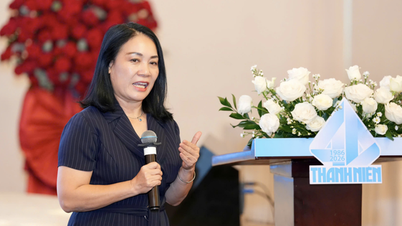

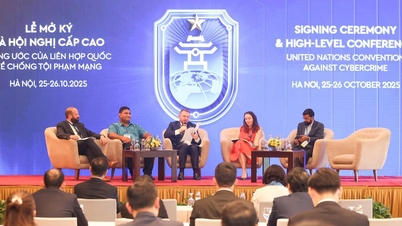

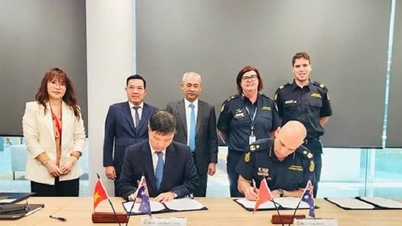



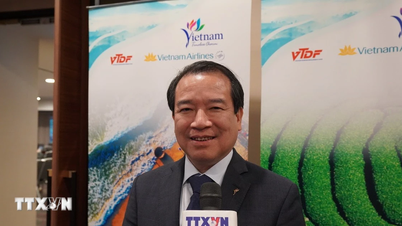





![[Video] Rapidly deploying "Quang Trung Campaign" to build houses for people in flood-hit areas](https://vphoto.vietnam.vn/thumb/402x226/vietnam/resource/IMAGE/2025/12/09/1765292632846_dung00-17-48-20still010-jpg.webp)



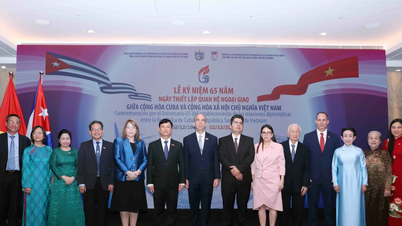




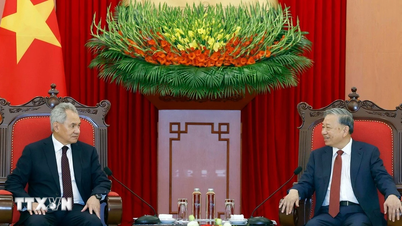
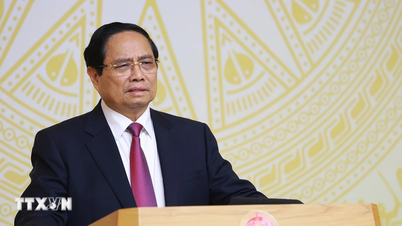
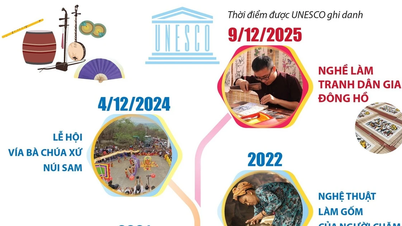
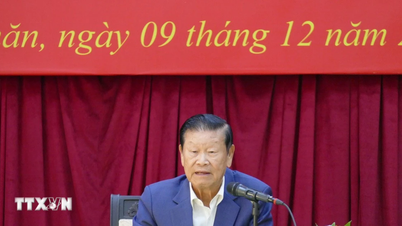
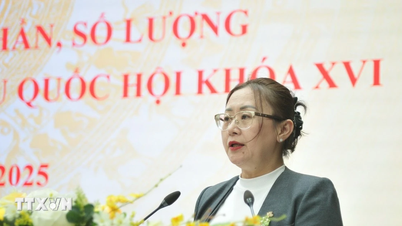







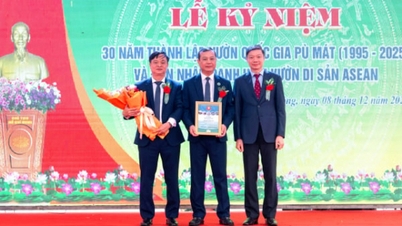

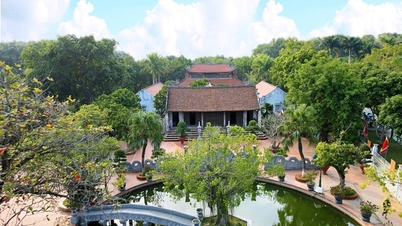
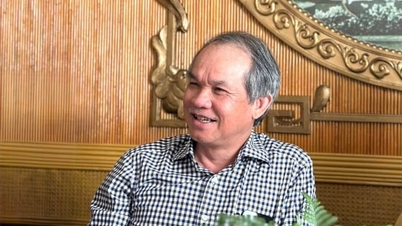

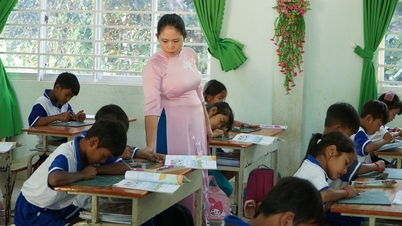

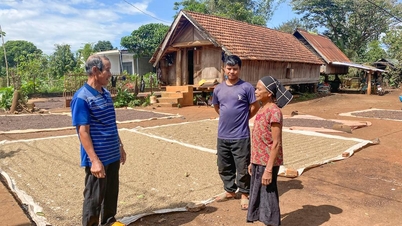





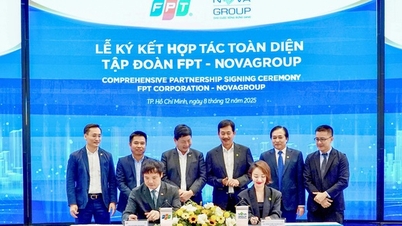

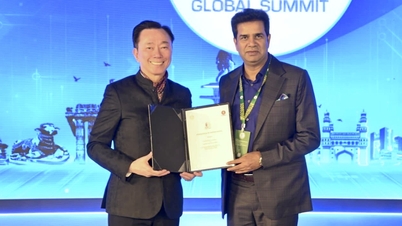






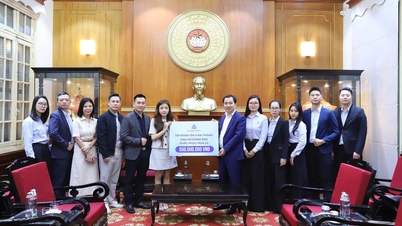







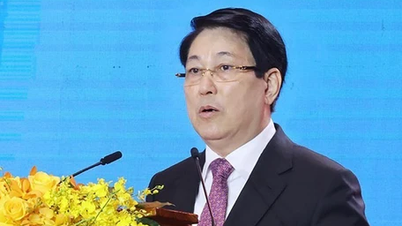
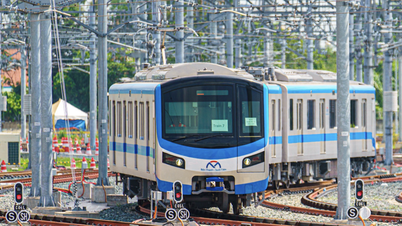


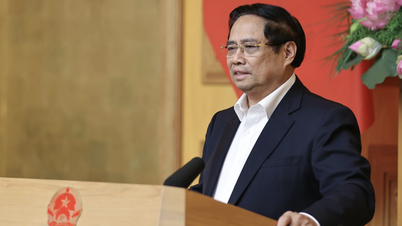

![[Photo] General Secretary To Lam works with the Standing Committees of the 14th Party Congress Subcommittees](https://vphoto.vietnam.vn/thumb/402x226/vietnam/resource/IMAGE/2025/12/09/1765265023554_image.jpeg)







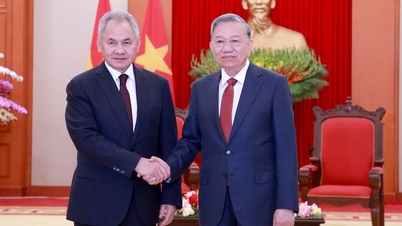

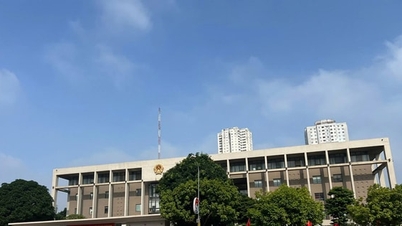




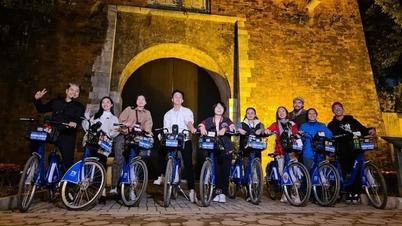

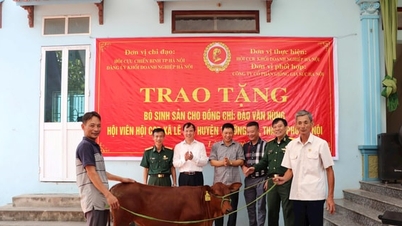

















Comment (0)